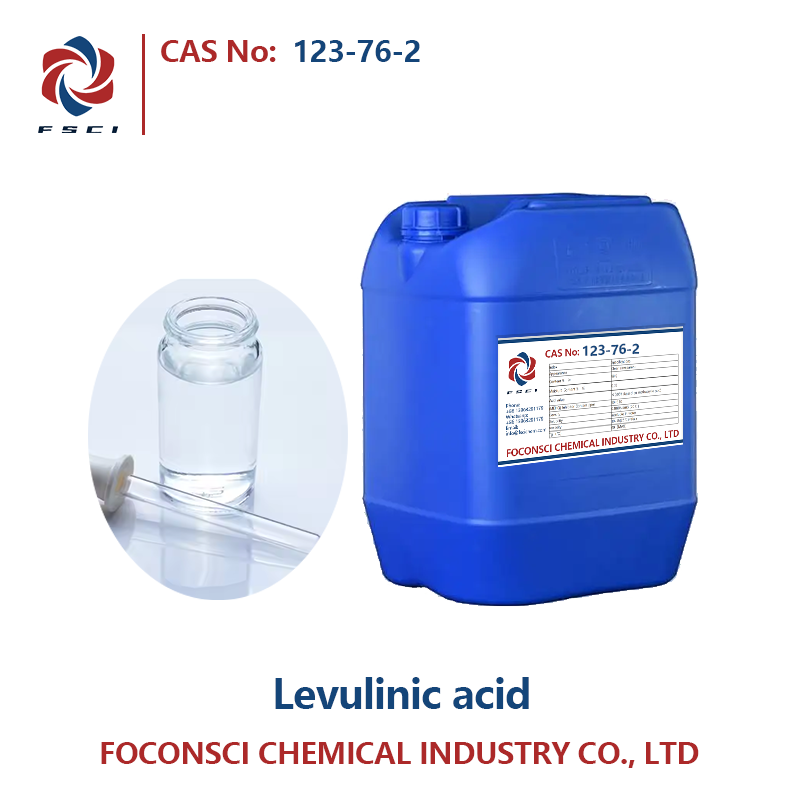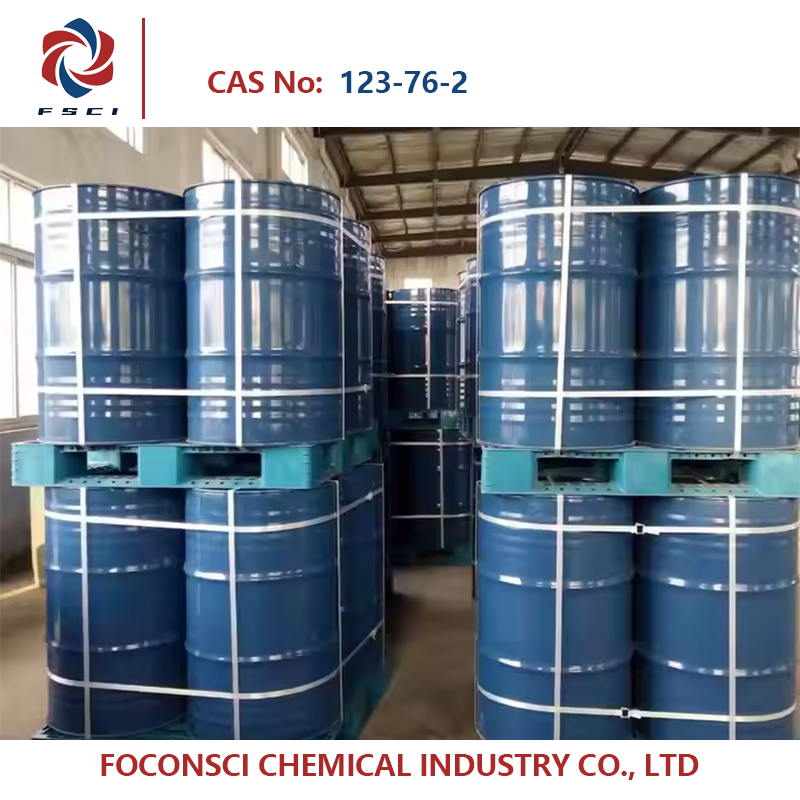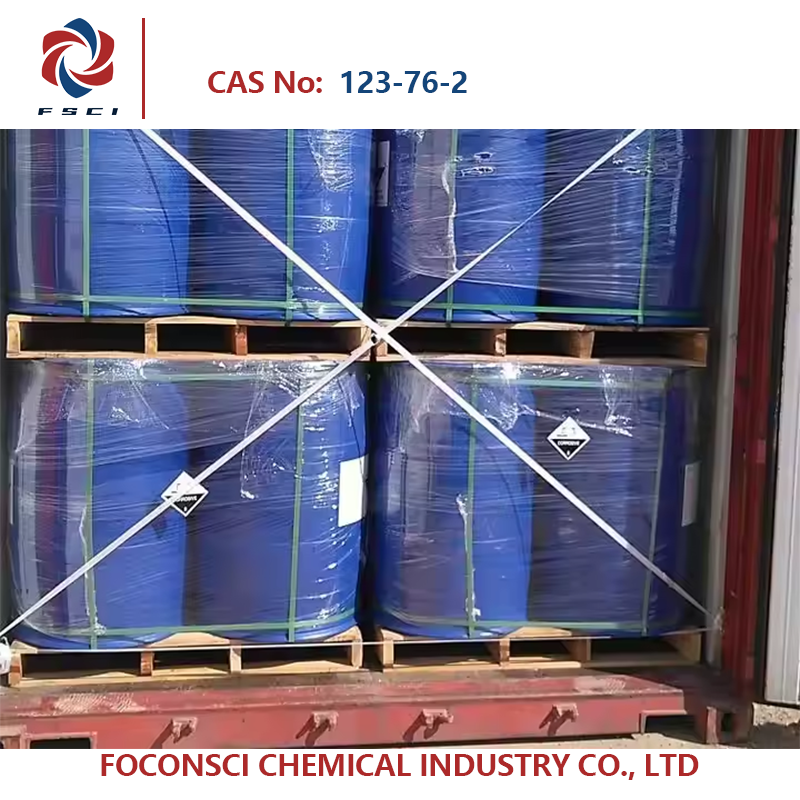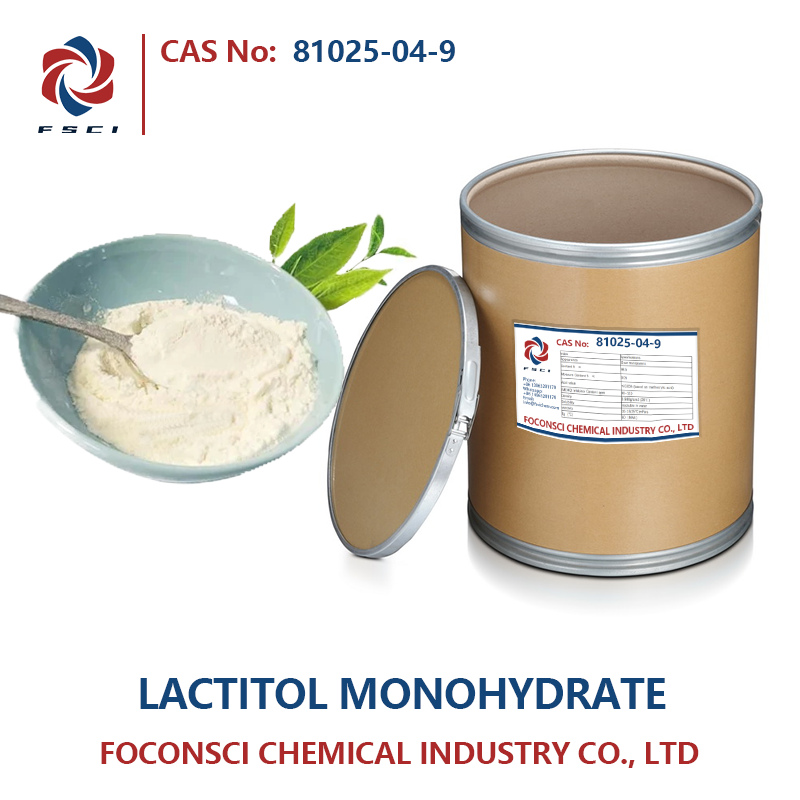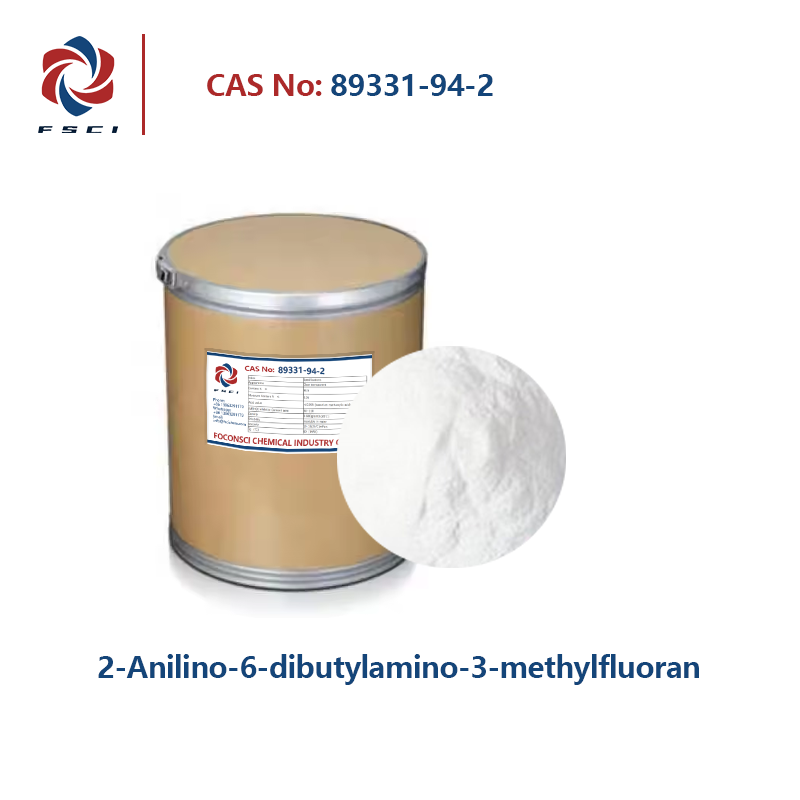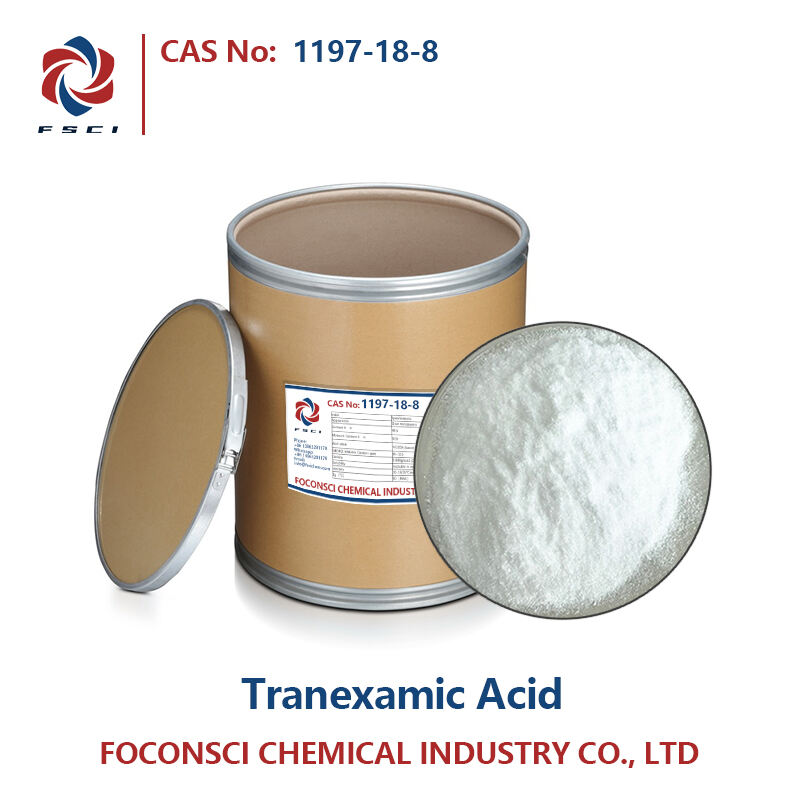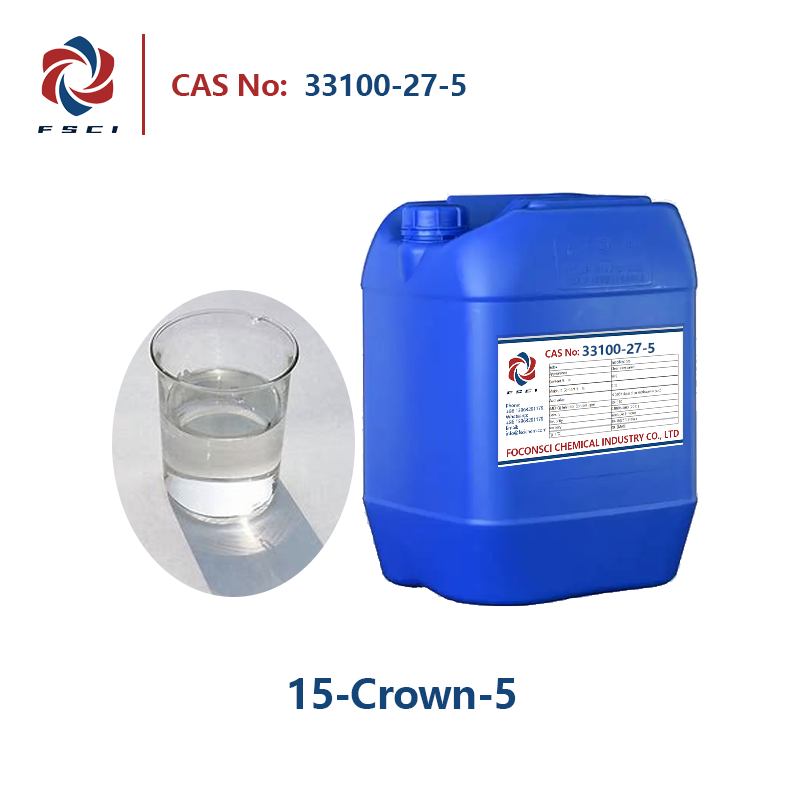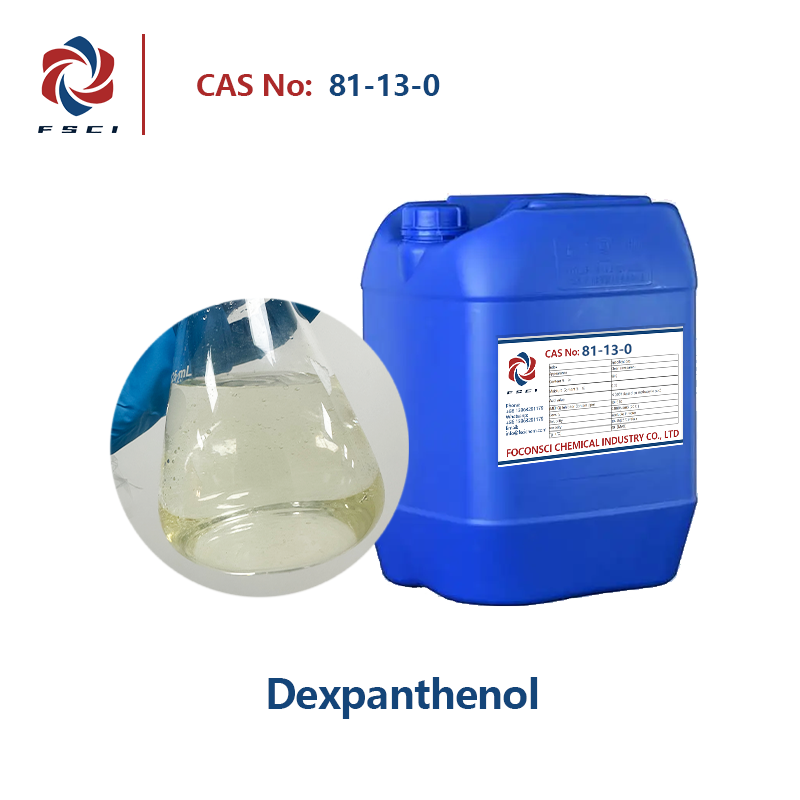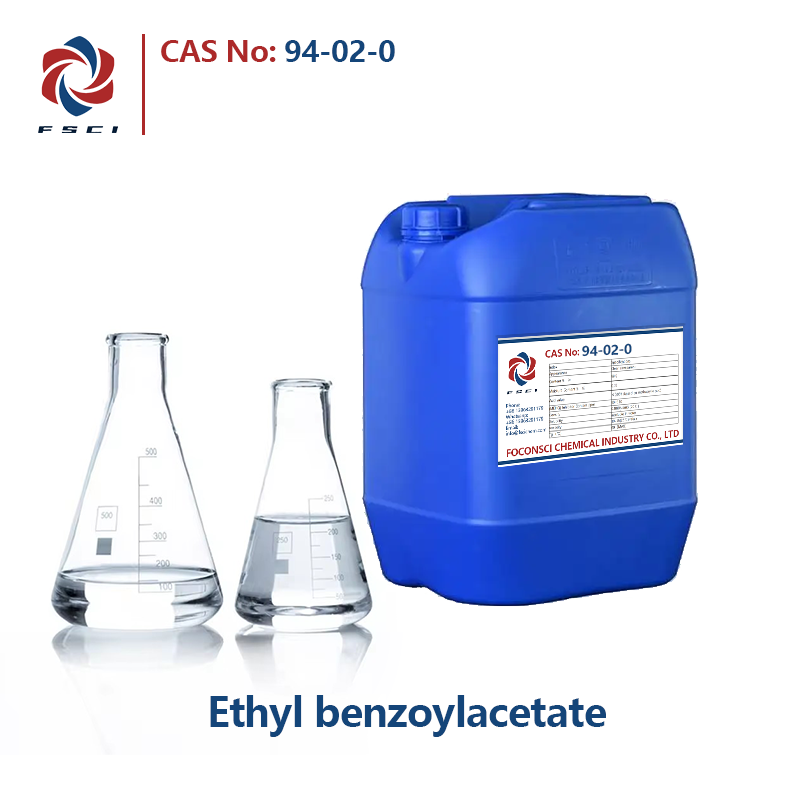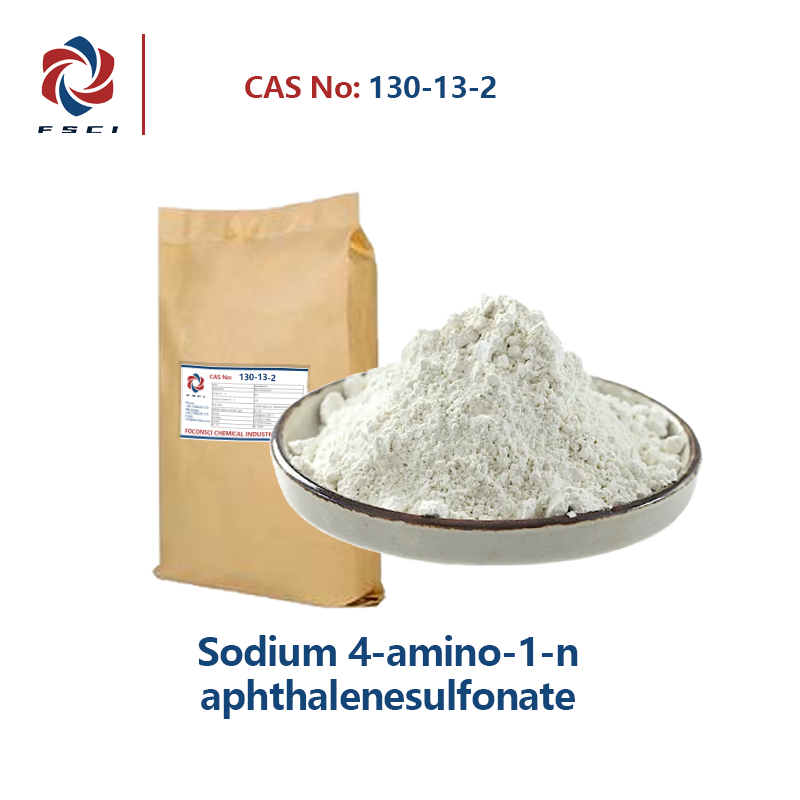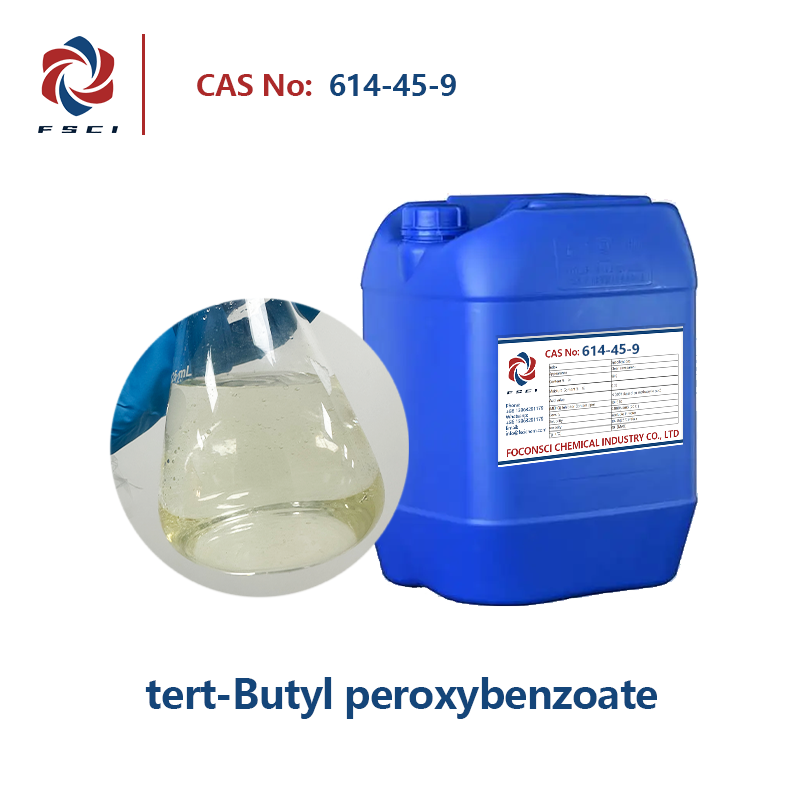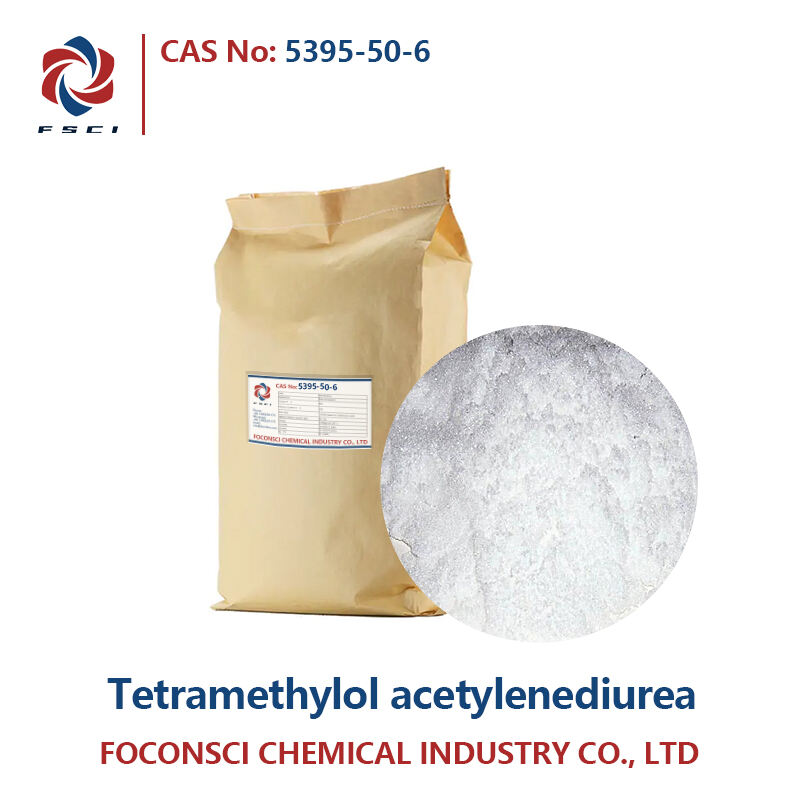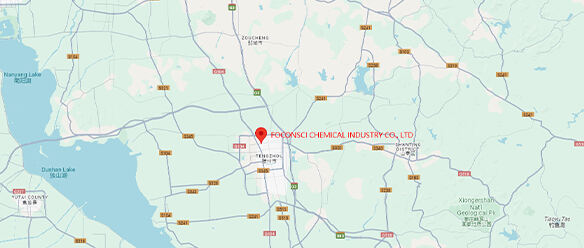Levulinic acid CAS 123-76-2
Chemical name: Levulinic acid
Synonymous names:aevuL ;Levulic Acid;4-oxovaleric
CAS No:123-76-2
Molecular formula:C5H8O3
Molecular weight:116.12
EINECS No:204-649-2
- Parameter
- Related products
- Inquiry
Structural formula:

Product Description:
|
Items |
Specifications |
|
Appearance |
Colorless to light yellow transparent liquid |
|
Color (Apha) |
Max 2 |
|
Purity |
99.0 % min |
|
Heavy Metals (ppm) |
Max 10 |
|
Moisture (%) |
Max 0.1 |
|
Chlorine (ppm) |
Max 20 |
|
Fe (ppm) |
10 max |
|
Sulfate (ppm) |
Max 20 |
Properties and Usage:
Levulinic acid is a multifunctional organic acid with strong reactivity. It is often used in chemical synthesis, pharmaceuticals, materials science, agriculture and food.
1. Catalysts and ligands
Catalytic reaction: Levulinic acid, as a ligand of transition metal catalysts, can form stable metal complexes, thereby improving the catalytic efficiency of oxidation, reduction and polymerization reactions.
Synthetic catalyst: As an important component in the synthesis of complex molecules, levulinic acid is used to make high-performance catalysts.
2. Drug synthesis
Drug precursor: Levulinic acid is used to synthesize a variety of drug intermediates to provide support for the development of new drugs.
Chemical synthesis: It is also involved in the manufacture of chemicals with specific medicinal effects.
3. Plastics and polymers
Polymer synthesis: Levulinic acid, as a monomer or modifier in polymers, can enhance the toughness, heat resistance and transparency of plastics and improve the performance of materials.
4. Dyes and pigments
Dye synthesis: Levulinic acid, as an intermediate in dye production, helps synthesize various high-efficiency colorants.
Pigment modification: It can improve the stability and color expression of pigments and improve the application effect of dyes and pigments.
5. Agricultural chemicals
Pesticide intermediates: Levulinic acid is used in the synthesis of pesticides, which helps to improve the effectiveness of pesticides and promote efficient agricultural production.
6. Chemical reagents
Organic synthesis reagents: In organic chemical reactions, levulinic acid can be used as a reaction reagent or medium and is often used in laboratory and industrial chemical applications.
7. Food and spices
Auxiliary chemicals: Although levulinic acid is not directly used as a food additive, it helps to enhance flavor and aroma in food and spice synthesis.
Storage conditions: Packed in plastic drums and stored in a cool, dry and ventilated place. Keep away from fire and heat sources.
Packing: This product is packed in 25kg 50kg 100kg plastic bucket, and it can also be customized according to customers' requirements


 EN
EN
 AR
AR
 BG
BG
 HR
HR
 CS
CS
 DA
DA
 NL
NL
 FI
FI
 FR
FR
 DE
DE
 EL
EL
 HI
HI
 IT
IT
 JA
JA
 KO
KO
 NO
NO
 PL
PL
 PT
PT
 RO
RO
 RU
RU
 ES
ES
 SV
SV
 TL
TL
 IW
IW
 ID
ID
 LV
LV
 LT
LT
 SR
SR
 SK
SK
 VI
VI
 HU
HU
 TH
TH
 TR
TR
 GA
GA
 CY
CY
 KA
KA
 LA
LA
 MN
MN
 KK
KK
 LB
LB

